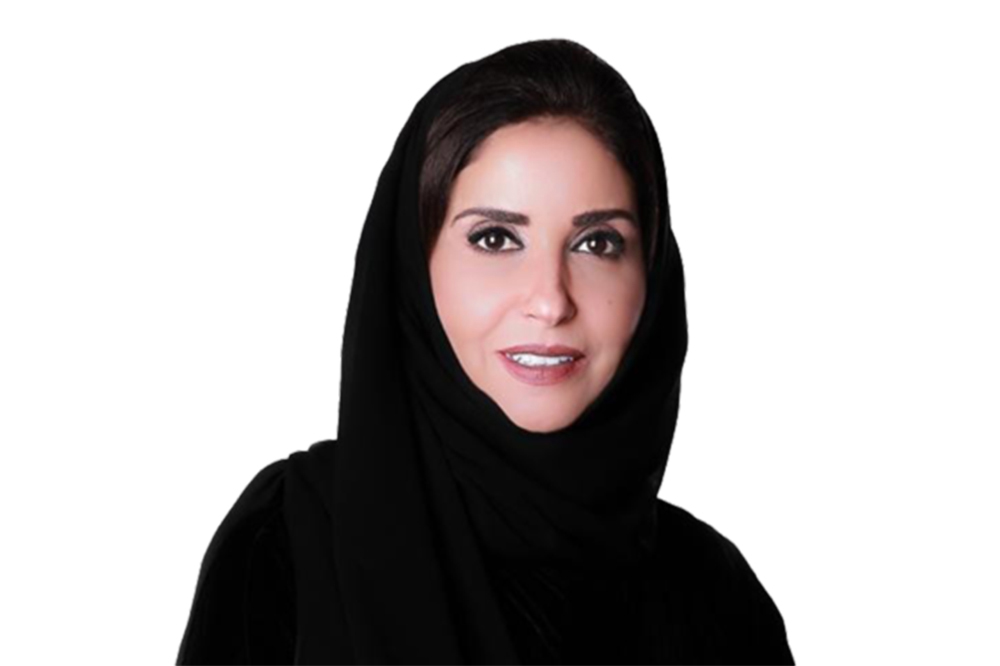
With the wave of reforms taking over Saudi Arabia, the nation’s women are more than ever aiming for leadership positions inside and outside the country. From Princess Reema Bint Bandar becoming the first Saudi Arabian woman to be appointed Ambassador to the United States, to Princess Nourah Bint Saad becoming the first Saudi woman to be president of a sports club (acquiring the Umbrian football club Spoleto Calcio, in Italy), there is no limit to the positions Saudi women are aiming for.
This week, another female powerhouse has risen to the challenge: Dr. Iman Bint Habas Al-Mutairi, who was appointed to the duties of the CEO of the National Competitiveness Center (NCC) by Saudi Arabia’s Council of Ministers. According to Arab News, Dr. Al-Mutairi holds a bachelor’s degree in chemistry from King Faisal University. Saudi Gazette states that she also holds a PhD in biochemistry from Bristol University of the United Kingdom. She started her career as an assistant professor of human genetics at Harvard University, and then joined PerkinElmer as a microarray scientist in Chicago that same year.
The news site also states that Dr. Al-Mutairi has previously worked as advisor to the minister of commerce and investment in her capacity as the General Supervisor of the Executive Committee for Improving the Performance of Private Sector Business, Taysir. The NCC, which Dr. Al-Mutairi is now heading, was created by the Saudi Arabian General Investment Authority (SAGIA) to “compare the performance of Saudi Arabia's investment opportunities to more than 300 indicators of global competitiveness, assessed in such publications as the World Bank’s Doing Business report, the World Economic Forum’s Global Competitiveness Report” and the International Institute for Management Development’s (IMD) World Competitiveness Yearbook.
Indeed, in May this year, it was reported by PRNewswire that Saudi Arabia jumped 13 positions, the highest leap among the 63 participating countries in the IMD World Competitiveness Yearbook 2019, placing the nation in 26th and making it the 7th most competitive country amongst its G20 peers, ahead of economies such as Japan, France, India, Russia, Mexico, and Turkey. This was seen across the globe as a significant achievement for a country that only joined the ranking two years ago, in 2017.

















